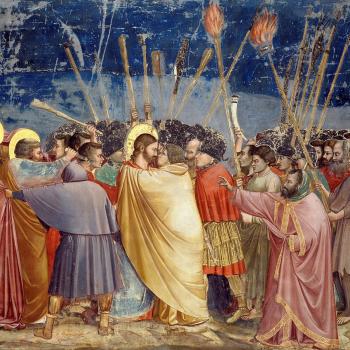Did the Israelis displace Palestinians? Yes. But remember, they did so at the behest of Europeans and Americans who assuaged their own sense of responsibility for allowing the Holocaust to go unchecked until larger interests were at stake. Can we put ourselves in the place of Jews who perished and survived that hell, looking for refuge in the post-war world in which they lived?
Do Palestinians have a right to be aggrieved? Yes. Some have been deprived of their homes. Others have had their land carved in half. But leaders who played the victim card in order to consolidate their influence and aggrandize themselves have poorly led them. A Palestinian friend of mine in Amman showed me the home of the Palestinian ambassador to Jordan. His home is a beautiful structure with a fountain and marble plaza and he represents people who live with open sewers in structures without windows. It's lavish and incongruous, given the circumstances in which virtually all of the people they represent are forced to live.
Do Israelis have legitimate security concerns? Absolutely. A jet fighter can cover the ground between the Golan Heights and the Gulf of Aqaba in less than fifteen minutes. It would take nothing to overrun Israel and they are surrounded by nations that have sought their annihilation.
Can Palestinians legitimately complain that their rights are often violated? No doubt. In traveling with them, I watched as they were singled out for extra scrutiny, harsh questioning, and body searches that seemed to be reserved just for them.
Have the Israelis over-reacted to violence, using far superior force to punish the Palestinians? Yes.
Have the Palestinians used their (debatable) victim status to blunt the criticism of what can only be described as barbaric acts of terrorism? Again, yes.
Will Palestinians need their own homeland? Yes.
Can it be created by cutting Israel in half, creating a country that can be divided and overrun in hours? Of course not.
To deal with issues of this kind, simple narratives will not serve any constructive purpose. Ironically, "the peace of Jerusalem" may well lie in thinking about it like any other city.
Will skies open and angels sing if Christians take these and other complexities into account? Not likely. But when those suffering from the Jerusalem syndrome are isolated, Israelis and Palestinians may be able to reexamine their needs for security and a homeland in a new light. Both require the reassurance that the international community will not countenance genocide or isolation. But they need to examine their own syndromes without the help of infected physicians.





